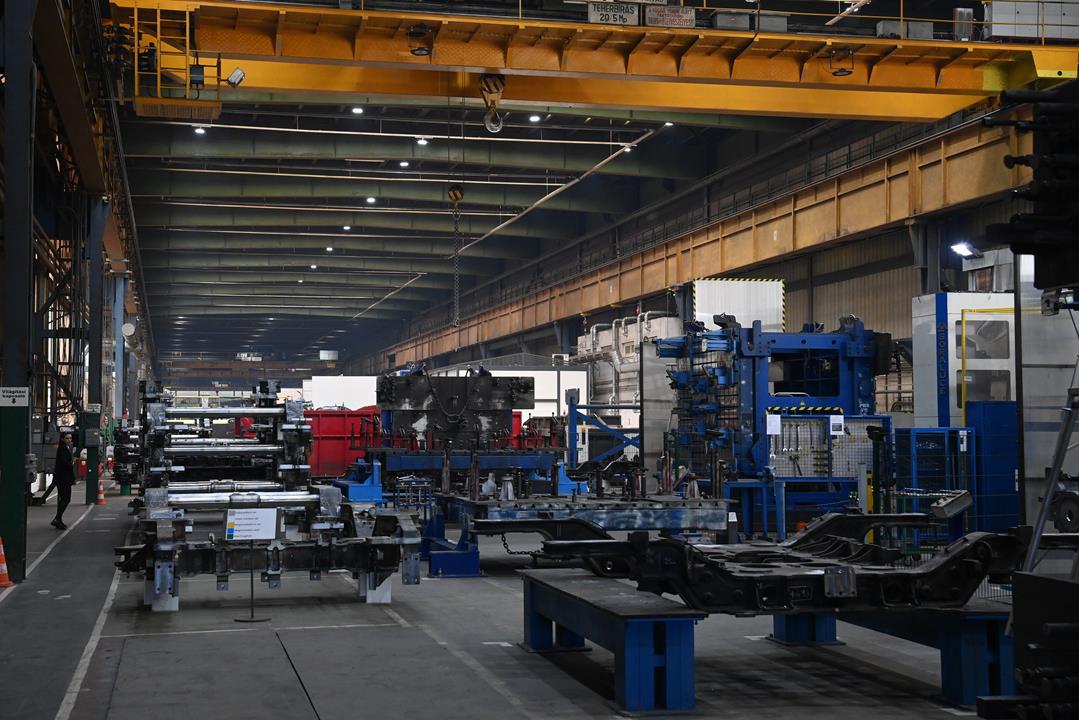The climate for doing business amid the current circumstances remains the most favourable for big companies, exporters, foreign-owned enterprises and those in the industrial sector, a gauge of sentiment by the the Economic Research Institute (GVI) of the Hungarian Chamber of Commerce and Industry (MKIK) shows. Meanwhile, the industrial output edged down 0.2pc in October. Adjusted for the number of workdays, output dropped 3.1pc.
GVI’s survey of 2,102 managers showed small companies, dependent on domestic sales and businesses in commerce and construction were most exposed to the impact of the economic crisis.
GVI’s confidence index stood at +22 points in October, unchanged from April but three points higher than twelve months earlier.
Industrial output edges down 0.2pc in October
Output of Hungary’s industrial sector inched down 0.2pc year-on-year in October, a first reading of data released by the Central Statistics Office (KSH) on Friday shows. Adjusted for the number of workdays, output dropped 3.1pc. Output of most manufacturing branches rose in October, KSH said. Among the biggest ones, output of the automotive and electrical equipment segments declined, while output of the computer, electronics and optical equipment and the food, beverage and tobacco segments increased, it added.

In a month-on-month comparison, output rose a seasonally- and workday-adjusted 2.0pc. For the period January-October, industrial output declined 3.9pc year-on-year. KSH will release detailed data on output of industrial sector branches on December 13.
German automotive industry is the reason
Commenting on the fresh data, the National Economy Ministry said the month-on-month increase in output was reassuring. It also pointed to the “hectic” international environment as several countries in Europe faced economic and political crises at the same time. German automotive industry companies are scaling back as demand falls, with Volkswagen even planning layoffs, it added. In addition to the impact of the war in Ukraine, the circumstances are impacting the output of Hungary’s export-oriented economy and industry, the ministry said. The performance of Hungary’s industrial sector will improve as big local investments by multinationals such as CATL, BYD, BMW, SEMCORP and EcoPro are completed, it added.

Fiscal financing position stable, Orbán government says
Hungary’s fiscal financing position for 2025 is stable and all resources necessary for the New Economic Policy Action Plan are available, Peter Beno Banai, the state secretary for the budget, said presenting the country’s 2025 financing plan on Friday.
All conditions are in place to step up Hungary’s economic growth, Banai said. He added that Hungary had preserved its stable financing in recent years and kept its investment-grade credit rating.
Read also:
- Weak car and battery factories, big drought: the Hungarian economy in technical recession – read more HERE
- Hungary’s car industry crisis: Are mass layoffs inevitable?